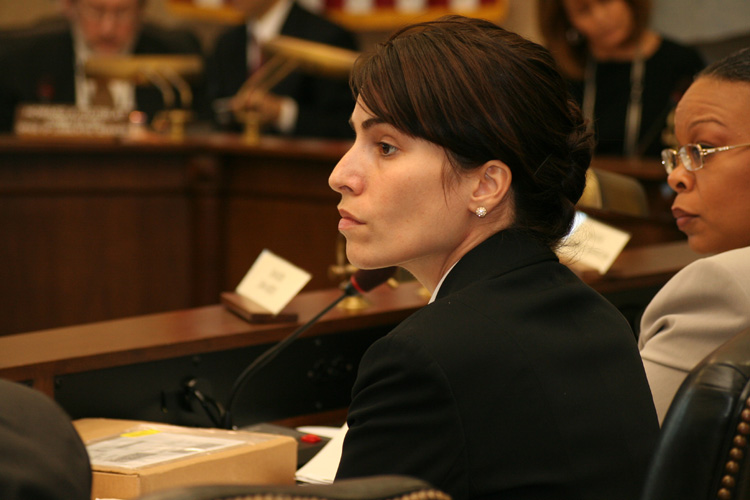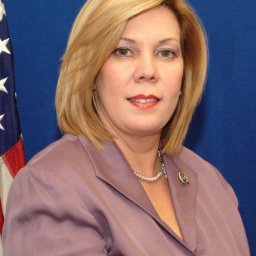
TRENTON – A bill sponsored by Senators Teresa Ruiz and Joseph F. Vitale which would make changes in the “Personal Assistance Services Program” (PASP) to give disabled New Jerseyans more control over their own service plan was unanimously approved by the Senate Health, Human Services and Senior Citizens Committee today.
“New Jersey residents who live with disability and know the challenges they face every day are the most qualified to design a service plan that meets their needs,” said Senator Ruiz, D-Essex and Union. “However, right now, most disabled New Jersey residents enrolled in PASP are limited in who they can hire, because county agencies step in to determine the type, dollar amount and entities that will provide services. We need to have more faith in the service consumers to make the best choices for their own care, rather than have a government agency, no matter how well-intentioned, make choices for them.”
The bill, S-1986, would amend the PASP program in the Division of Disability Services, under the Department of Human Services, to allow for personal assistance service consumers to exercise control over the individuals they employ, enabling the consumer to manage and direct their own service plan. Under current guidelines, once an individual is determined eligible for PASP, a county agency determines the particulars about their treatment plan. However, under the proposed changes, individuals will determine the services to be provided and who will provide those services, so long as the cost of the services does not exceed the cost of the services they currently receive.
Currently, Essex and Hunterdon counties administer their PASP programs under a cash-model, which allows the agencies to specify how much financial support disabled individuals will receive for their treatment, but gives the individuals the freedom to choose their own plan. During testimony provided to the Committee today, disabled individuals and advocates noted that this model has worked best, and empowers disabled consumers to tailor a plan that best fits their needs.
“In Essex and Hunterdon, the PASP programs have worked extraordinarily well in meeting the needs of disabled individuals living there,” said Senator Vitale, D-Middlesex, and Chair of the Senate Health Committee. “That’s because government agencies have trusted these individuals to hire caregivers that they are most comfortable with, and design a plan that works best for them. County agencies have a legitimate role in advising and regulating PASP, but the ultimate decisions of care belong to the disabled individuals who will be receiving that care.”
Both lawmakers noted that the changes in how the PASP program is administered could potentially lead to more enrollees, though the funding amount of $11 million from the State’s FY 2009 general fund and revenues generated by casinos would not be changed. Under the funding amount, approximately 660 disabled individuals would have access to services to help them cope with their disabilities.
The bill now heads to the Senate Budget and Appropriations Committee before going to the full Senate for consideration.



